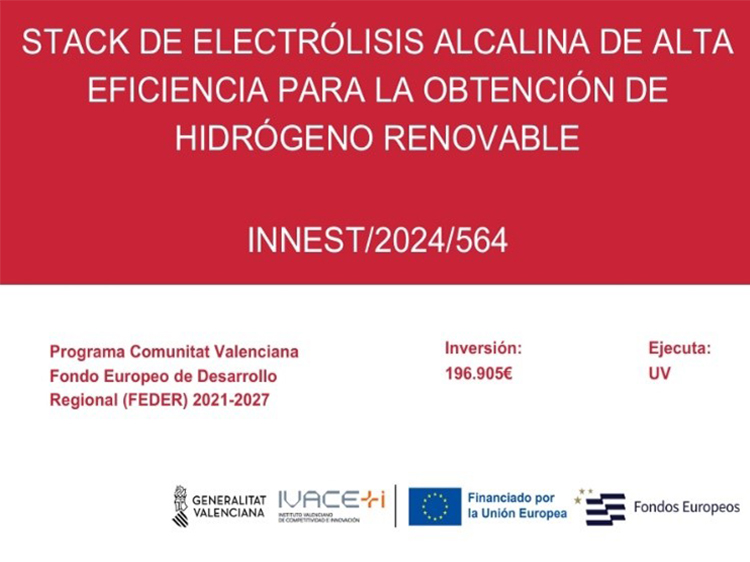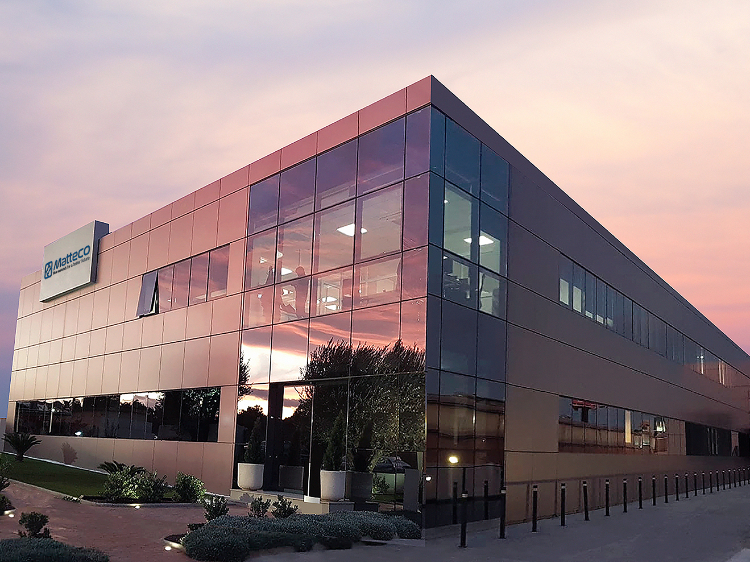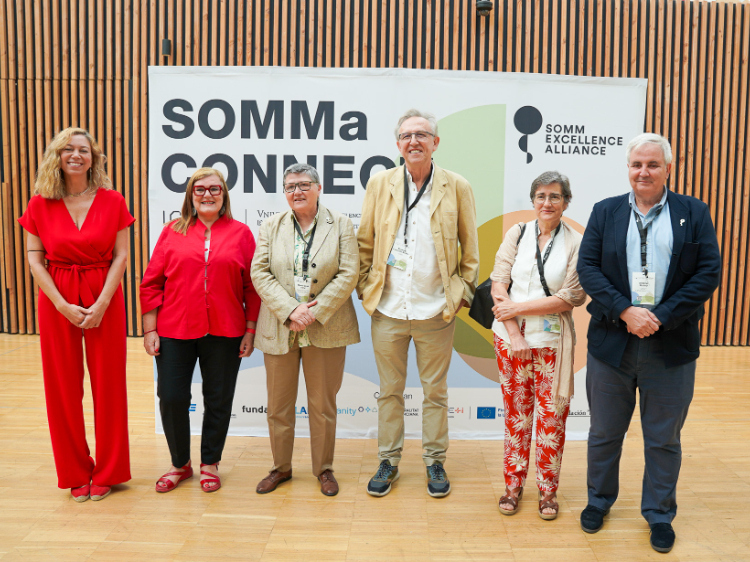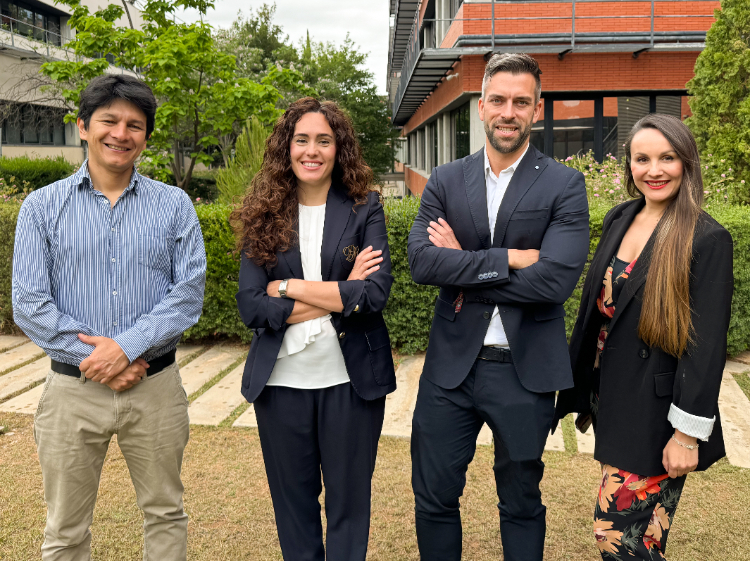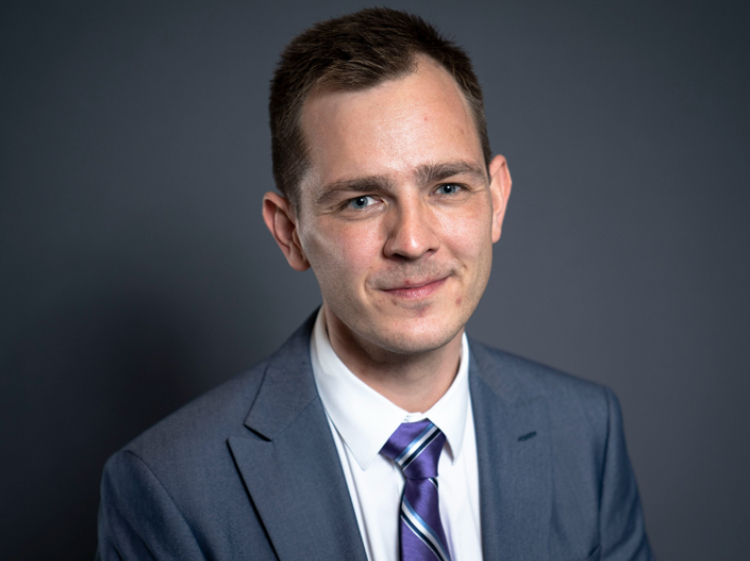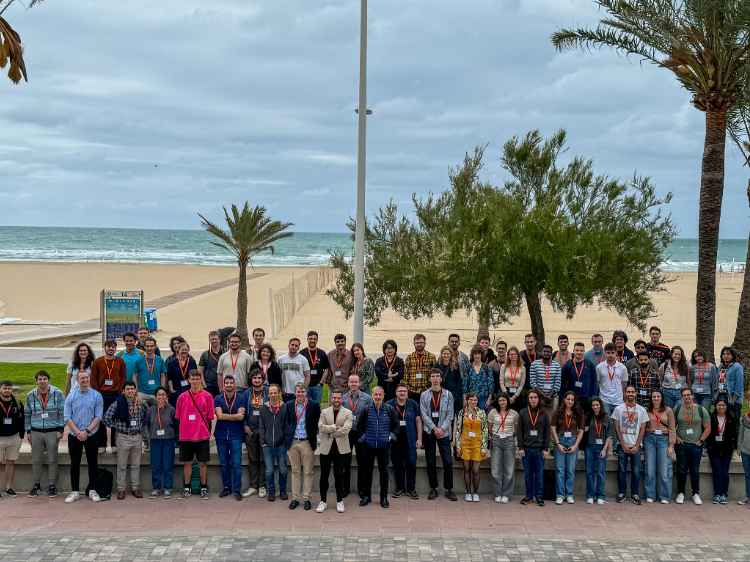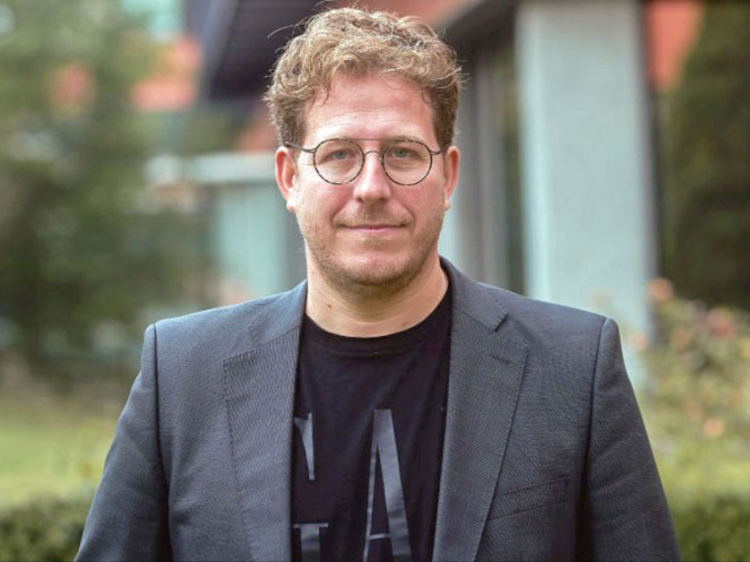Porous Materials in Action (PMA) wins as best company in the StartupVLC of the Parc Científic awards
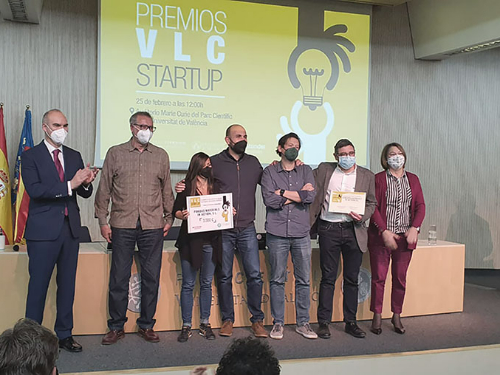
The company Porous Materials in Action (PMA), a spin-off promoted by the University of Valencia and the ICMol in the promising sector of manufacture of advanced porous materials useful for industry, has been the winning project of the 7th VLCStartup call of the Parc Científic of University of Valencia ("laboratory" category).
The initiative, which is supported by Banco Santander, aims to contribute to the creation, development and consolidation of innovative technology-based companies in the university environment. PMA is the first spin-off in which the University of Valencia has decided to become a shareholder in its capital.
Proof of this strong support from the Vice-rectorate for Innovation and Transfer has been the involvement of María Dolores Real, vice-rector of the area, and Lucía Echevarría, vice-manager, as well as the technical staff of the Office for the Transfer of Research Results (OTRI), such as Eva Escuder.
The large-scale production of new porous materials of the MOF type opens up an infinite field of solutions in practically all imaginable fields, given some of their virtues, such as the control of pore size at will, the possibility of changing their composition and, in addition, the control of molecule recognition. Because of their enormous versatility, MOFs are known in the popular science community as the "chemical LEGO".
MOF generation
MOF generation is emerging as one of the most promising high-tech chemical fields in the coming years, although its development for industrial applications is still in its infancy. "At the level of possibility, MOFs are today the graphene of 10 years ago or the carbon nanotubes of 20 years ago," says researcher Carlos Martí-Gastaldo, leader of the Funimat (Functional Inorganic Materials) research group at ICMol.
PMA already has two international patents for the manufacture of this type of material to capture the degradation of pollutants with light (PMA-1000) or to combat the toxicity of pesticides and insecticides (PMA-3000). However, its initial business model focuses on providing consultancy services to technology companies, so that materials can be designed and manufactured "à la carte" and adapted to specific needs.
"One of the main problems with MOFs is their enormous diversity of uses, and we believe we can help companies in a wide range of sectors to become familiar with MOFs," says Martí-Gastaldo. With its current and future patents, PMA could commercialise products and services in areas such as the storage of gases used as green fuels, the capture of pollutants, the supply and purification of water and environmental purification.
One aspect that differentiates PMA in the market is that its business proposition is not focused on the scale production of just any type of MOF. PMA's founding team is also concerned about being able to produce such materials at much more competitive prices than others, thanks to the use of abundant, non-geo-localised metals such as titanium.
The PMA company was born in November 2021 with the impetus of Martí-Gastaldo, Sergio Tatay, Natalia Muñoz and Neyvis Almora, all members of the Funimat group. The management team is completed by José Rubio, a man with extensive experience in the banking sector as head of finance and business development; José María Barberá, as CFO; the Professor of the University of Valencia and director of ICMol, Eugenio Coronado, who acts as scientific advisor and the professor of the University of Granada Jorge A. R. Navarro, an international reference in the separation of gases and degradation of pollutants.
The physicochemical properties of materials are governed by the synergistic effects of their structures and compositions. And MOFs are fascinating examples of how the unique structure of hollow materials can provide a range of advantageous features. These include improved surface area to volume ratio; low density; environment; higher loading capacities; and reduced mass and charge transmission lengths.
So far, thousands of different MOF structures have been reported in the scientific field. And the number is growing day by day. Although exciting, the sheer number of MOFs is actually creating some drawback for their development. For example, in the absence of patents, it is difficult to know whether a new structure is really new and not a variation of one that has already been synthesised.
Before the birth of PMA, there was no such company in Spain. PMA is therefore the first in Spain and one of the few companies in Europe. MOF Technologies, based in the UK, and Novomof AG are two examples. In the USA there are also similar initiatives led by world-class scientists such as Numat Technologies, Mosaic or Water Harvesting Inc.
The VLC Startup programme of the Parc Cientific of the University of Valencia aims to provide financial support and workspaces to companies in emerging areas. The 2021 call includes two modalities. In the case of the "Laboratory" category, the winner is awarded a grant of 3,000 euros and the use of a laboratory space for 12 months.
The PMA team received the award on 25th February at the Marie Curie Auditorium of the Parc Científic from the Vice-Rector for Innovation and Transfer of the University of Valencia, María Dolores Real, and the Director of Institutions in the Regional Directorate of Valencia and Murcia of Banco Santander, José Miguel Lorente Ayala.
